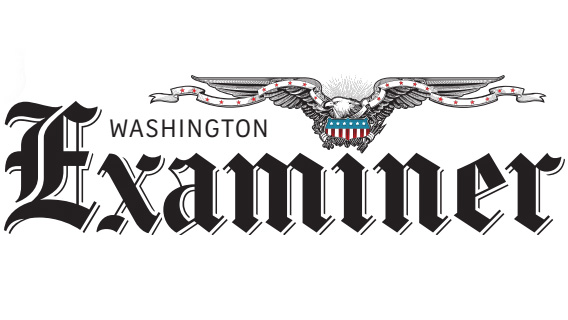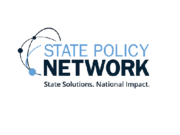Americans love to disparage political parties. A recent Gallup poll showed both major parties with negative favorability/unfavorability ratios, and record numbers of Americans consider themselves “independents.”
Despite that, a substantial majority of Americans still consider themselves members of a political party. Most people you meet will identify themselves — at least if asked in a non-threatening situation — as a Republican or a Democrat, even if they haven’t made a financial contribution to the party.
Conversely, very few will identify themselves as members of some political action committee, even if they have financially contributed to that PAC. It’s not that PACs and super PACs aren’t important — they play a valuable role in raising political issues, organizing like-minded citizens around those issues, and supporting candidates who share those views. But political parties remain basic building blocks of American democracy.
Parties bring the diverse interests of American voters into large governing coalitions. The GOP brokers between the interests of social conservatives, economic libertarians, foreign policy hawks and cultural unitarians. The Democratic Party mediates between Clintonista centrists, Sanders-following socialists, unions, Silicon Valley progressives and minority groups.
Note that these constituencies often chafe at the fact that they are unable to dominate their own parties. But in this incredibly large, diverse republic, that is probably a good thing. Indeed, while the public has many unfavorable things to say about parties, at the end of the day Gallup has also found that political parties are among the few institutions that voters believe “look out for the country’s long-term future as well as current problems.”
Given this, it surprises many to learn that the law treats political parties as disfavored cousins. Most notably, super PACs and nonprofit advocacy groups such as NextGen Climate Action and Americans for Prosperity can raise and spend unlimited sums, including corporate and union money, to try to elect favored candidates. Parties, however, operate under strict limits on the amounts individuals can contribute, and corporate and union funds are
Hardest hit are state and local parties. As part of the McCain-Feingold campaign finance “reform” of 2002, virtually everything these local parties do was brought into the web of federal regulation, and their sources of funding largely cut off. A poorly-reasoned Supreme Court decision, McConnell v. Federal Election Commission, upheld these restrictions against a constitutional challenge in 2003. Cases decided since McConnell, however, have relied on traditional First Amendment reasoning to overturn many parts of that decision. One of the few parts that remains is the restrictions on state and local parties.
The Supreme Court now has a chance to rectify this element of the McConnell decision. Currently before the court is the case of Republican Party of Louisiana v. Federal Election Commission, which challenges those legal restrictions on state and local party activity. The party’s position is simple: Why can super PACs, or a nonprofit like Planned Parenthood Action Fund, accept and spend unlimited sums from any source to influence elections, while political parties cannot? And how can parties corrupt their own candidates by trying to help them win elections?
State and local parties, elections, and governing bodies are where our future national political leaders learn to compromise, to organize, to inspire, and to govern. It makes no sense to send state and local parties to the back of the bus when it comes to political campaigns. The court can strike a blow for fairness and good government by ruling for the Louisiana Republicans.
This post originally ran in The Washington Examiner on May 9th 2017.














